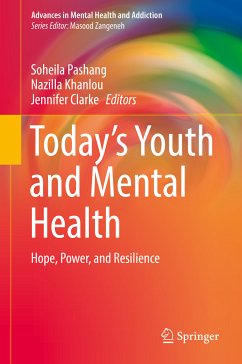Jutta Lindert, PhD, M.A is professor of Public Health at the Protestant University of Ludwigsburg, Ludwigsburg, Germany. She is visiting scientist at the University of Leipzig. Her research interests focus on the interplay of culture, biology, life events and mental health, and on the long term health impact of violence on health and mental health. Additionally, she is investigating factors which influence ageing among others historical events, genetic and environmental factors. Jutta is president of the Section of Public Mental Health of the "European Association of Public Health" and is currently preparing a study on the long term effects of child maltreatment in several countries in Europe and Latin America. Jutta has published many articles in scientific and nonscientific journals and is currently editing two books which will be published by Springer. As former head of refugee camp she is dedicated to investigating differences in health and methods and possibilities to overcome those. Before her career in Public Health Jutta has studied literature focusing on possibilities to write poems and literature on war and genocide. She is now Professor of Public Health at the University of Emden. Armen T. Marsoobian is a professor of philosophy at Southern Connecticut State University and chairperson of the Philosophy Department. He holds a Ph.D. in philosophy from the State University of New York at Stony Brook. His primary areas of research are American philosophy, aesthetics, Peircean semiotics, metaphysics and genocide studies. His articles on Dewey, Peirce, Buchler, Emerson, pragmatism, aesthetics, and genocide studies have appeared in a variety of journals and anthologies. He has co-edited two books in systematic metaphysics, the first an expanded and revised edition of Justus Buchler's Metaphysics of Natural Complexes, the second, an anthology of essays on philosophical naturalism entitled Nature's Perspectives: Prospects for Ordinal Metaphysics. He published an anthology of essays on classic American philosophy, entitled The Blackwell Guide to American Philosophy. This book has recently appeared in a Russian language edition. He has also co-edited an anthology of philosophical essays on issues of justice and reconciliation after genocide entitled, Genocide's Aftermath: Reconciliation and Repair. He is editor-in-chief of the Wiley-Blackwell philosophy journal Metaphilosophy and is also general series editor for monographs in contemporary philosophy entitled, Metaphilosophy Series in Philosophy, published by Wiley-Blackwell Publishers.














